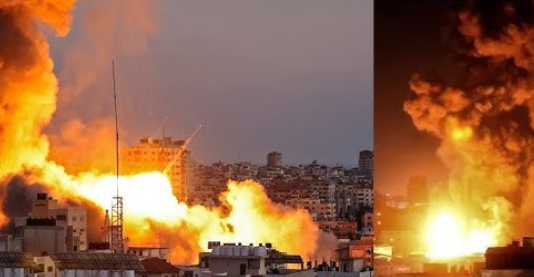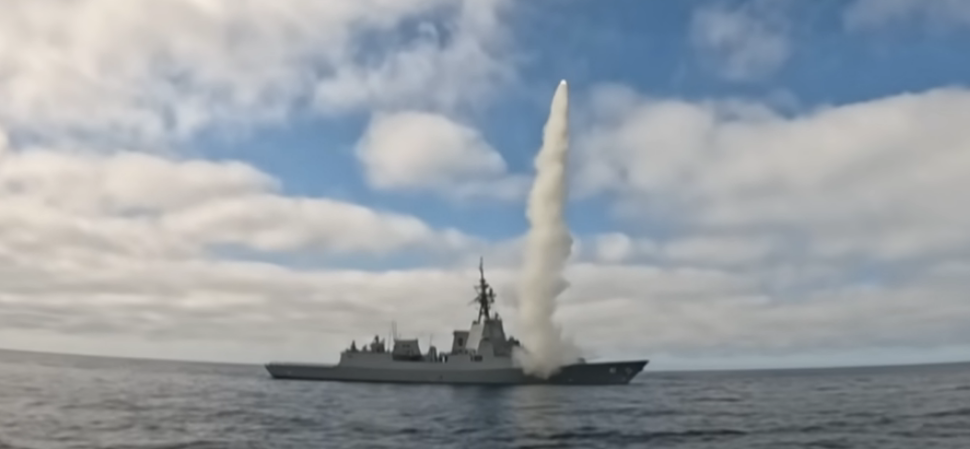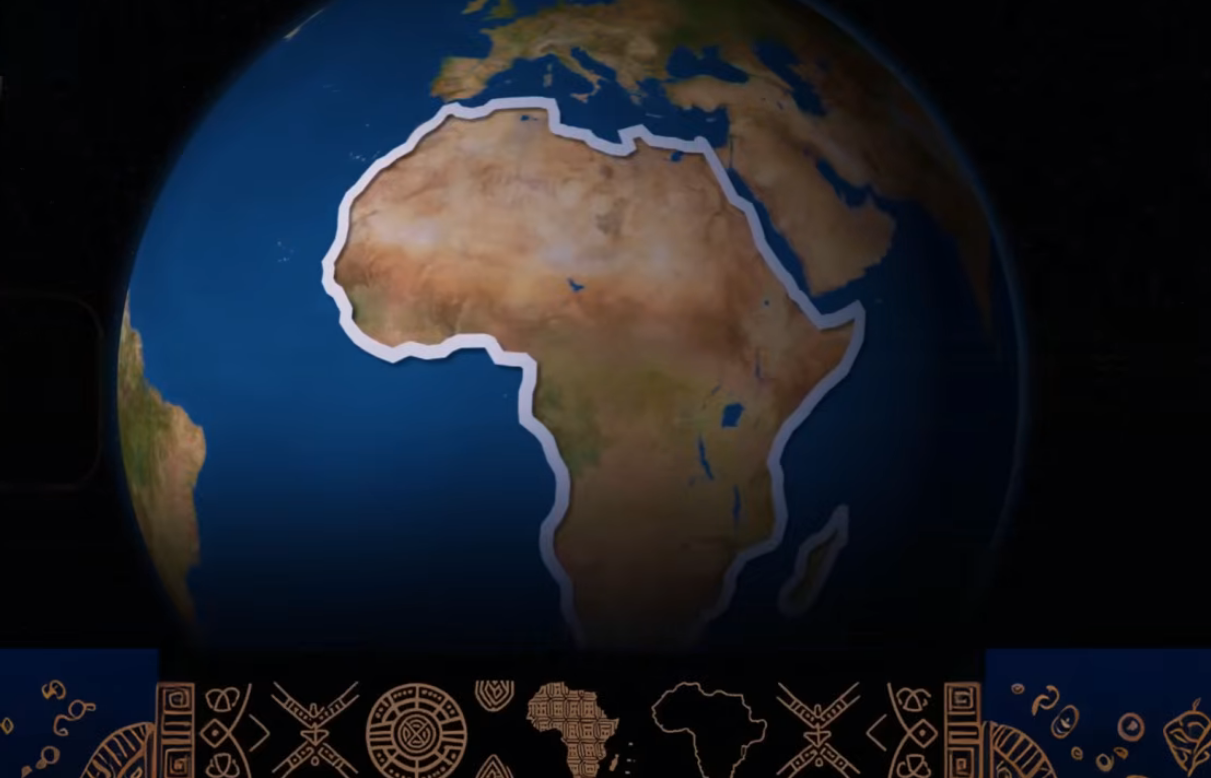Photos: YouTube Screenshots
Turn on any mainstream news media and you are guaranteed to see grizzly details of violence transpiring in Israel and Palestine. Interviews with survivors and witnesses describing horrors; observers asking important question like “how could this happen?” and “why didn’t we stop it?” Sooner or later the politics, the leaders, and the responses become central to the story.
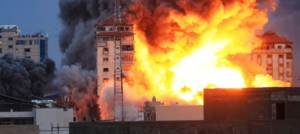
The New York Times reported: Israel’s defense minister said, “no electricity, no food, no water, no fuel” would be allowed into Gaza after an invasion by the militant group Hamas.
All I could think was “Not Again!”
I hate seeing the same failed responses. But breaking the narrative is a daunting task.
Attacks on civilians are morally reprehensible—always. Hamas, however, is not just repugnant in its horrific choice of tactics but counterproductive. Over and over, we see terror groups using violence against civilians; while it makes the news, it does not achieve desired outcomes.
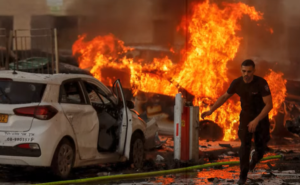
Simply put, with rare exception, when Hamas targets civilians it is used as justification for an even more violent response, and one that much of the world supports.
No critique of grievances is necessary to make a full condemnation of the violent terrorism employed by Hamas, and the choice to target civilians makes it much less likely for those grievances to be considered at all. “Idiotic” understates the monumental stupidity in such a bad strategic choice.
Hamas, likely, just set the Palestinian resistance/struggle for legitimate grievances back several years. As usual. Once again.
But what is this about a siege of Gaza? “No electricity, no food, no water, no fuel” are you kidding me? Worse, Israel is bombing apartment buildings full of Palestinian families, and hospitals. How many children or suffering patients does Israel kill before the world throws up its collective hands and stops caring much about either side?

If the U.S. is any friend to Israel, then they must help them to avoid such an unforced error. There is no doubt that such a blockade would kill innocent civilians, they always do, and they place the most vulnerable at greatest risk. Grandparents and newborn babies have these survival needs; cutting off access to basic human needs … it is just as counterproductive for Israel as terrorism is for Hamas.
And the world sees the Israeli air strikes on civilians and asks, so how is that not terrorism?
Being a friend does not mean standing idly by while your friend makes bad choices. The U.S. has participated in such bad choices too many times, and we have learned these lessons. Killing innocent civilians, whether directly or indirectly tends to do several things: first, it undermines legitimacy; second, it is used as a recruitment tool for the opposition; third, it causes committed opposition to dig in and become even more entrenched.
The U.S. ought to tell Israel, “Believe it or not, when we dealt with the Taliban in Afghanistan, we always accomplished more with bridges than bombs.” It’s true, the innocent civilians provided great intelligence on the terror group when they came to see the U.S. for doing good.
Never underestimate the achievements you can make when the choice is taking two steps forward instead of two steps backward; in this regard violence is always regressive.
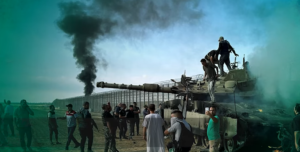
Wim Laven, Ph.D., syndicated by PeaceVoice, teaches courses in political science and conflict resolution.
